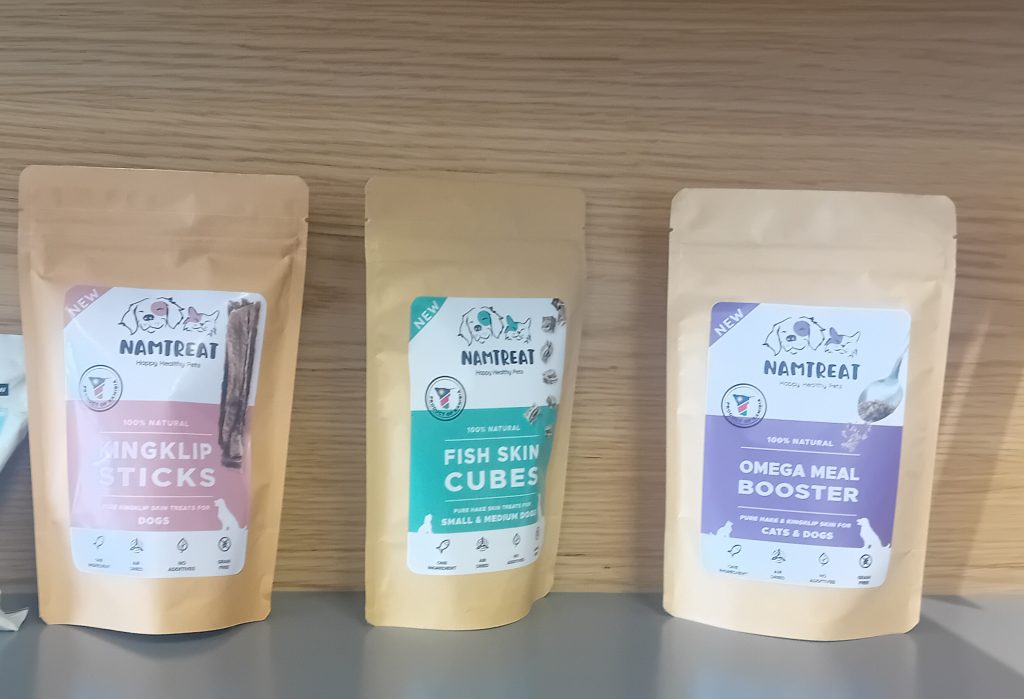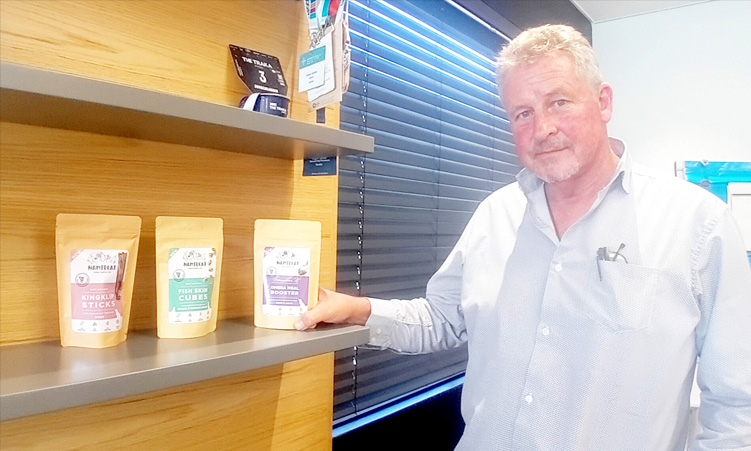Namibia will team up with a growing group of global ocean clusters in exploring ways to minimise loss and waste of seafood.
Senior leadership of certified hake fishing companies including Embwinda, Hangana, Merlus, Novanam, Pereira and Seawork and non-fishing associate members including the Fisheries Observers Agency, Namibia Nature Foundation and the University of Namibia’s Sam Nujoma Campus formed a group called the Namibia Ocean Cluster.
The cluster signed a commitment at Walvis Bay on Wednesday to minimise waste and maximise the socio-economic value of the fish harvested from the Namibian fisheries sector.
The cluster is the first in Africa, looking at the full utilisation of harvested fish.
The cluster that has been preparing for three years, is supported by the World Economic Forum, United Kingdom government and the Iceland Ocean Cluster, among others.
The signing ceremony marked the preparation for the cluster to become a legal registered non-profit organisation in Namibia.
Cluster chairperson Pierre le Roux expressed excitement about the opportunity to create positive environmental and socio-economic impact through creating new companies and products from parts of the catch that have previously been lost to the system.
“A large portion of the fish is discarded. By-products like the heads, internal organs and skins, among others, are not utilised. The aim of the project is to [bring] as much as what we were discarding back to the value chain. We need to create new products. We already have a Swakopmund company that makes pet treats from the skin. We have also found a market to export fish bones to Europe.

“We look forward to more associate members joining us, such as in the cosmetics and pharmaceutical sectors, as we discover additional opportunities for use of the fish that we have not explored before. Nutrition and food security are critical. Capturing more nutrition and repurposing that in socio-economically viable ways, for direct or indirect human consumption, is a focus. As new products are developed, it is expected that start-up companies will be generated.”
The Cluster is currently driven by the hake industry, but open to other sectors.
Confederation of Namibian Fishing Associations Matti Amukwa encouraged others to join the group.
“There is an openness from founding members for other fisheries sectors in Namibia that share the cluster vision to get involved. I can see opportunities for the monkfish sector to explore full utilisation, while the horse mackerel industry may be able to find ways to increase value and capture more nutrition.
“New products need to be commercially viable, and changes in processes to capture parts of the fish that were historically lost can take time and investment to find the right ‘new way’. There may be opportunities for the shellfish and crab fisheries too.” he said.
Stay informed with The Namibian – your source for credible journalism. Get in-depth reporting and opinions for
only N$85 a month. Invest in journalism, invest in democracy –
Subscribe Now!






